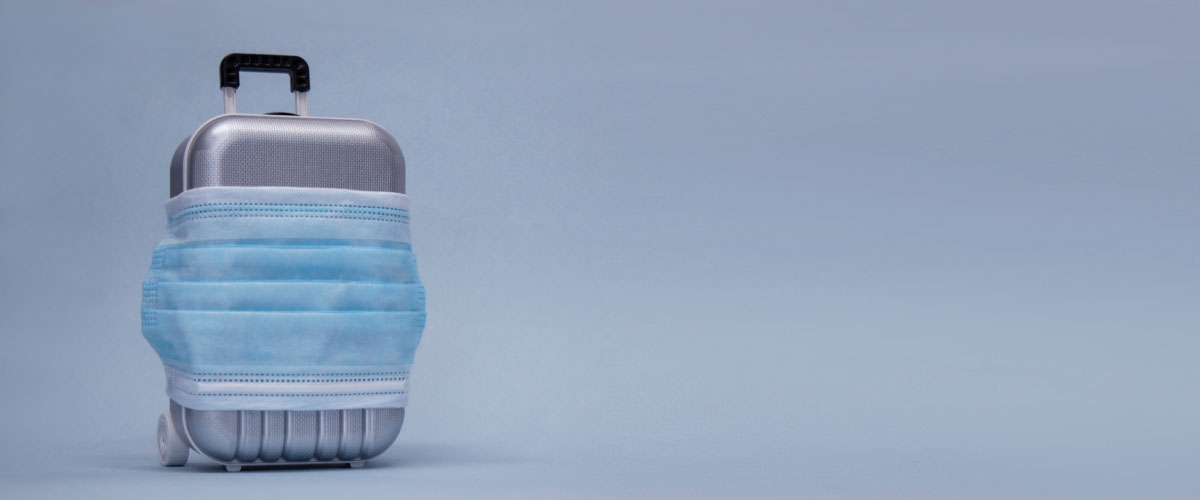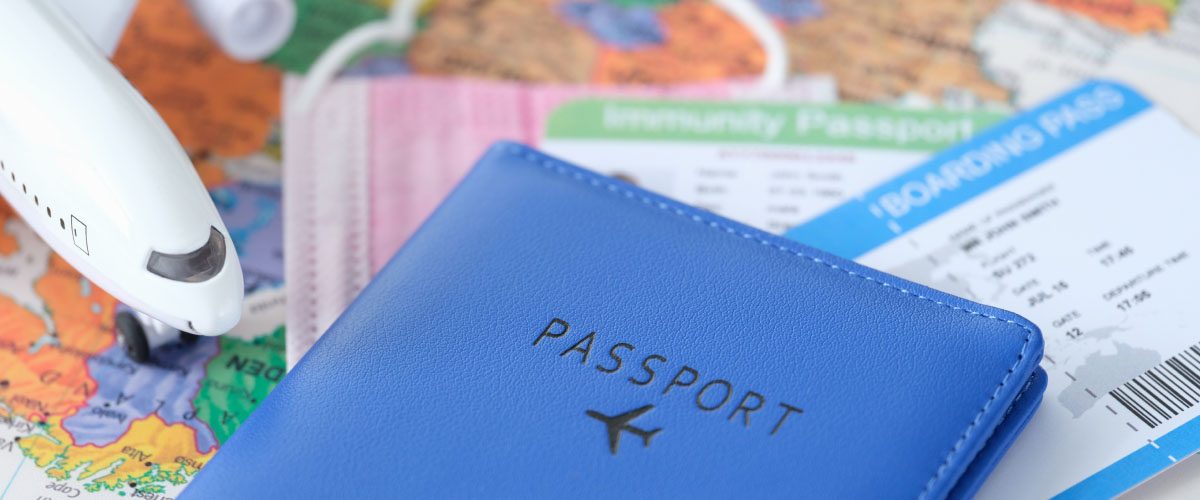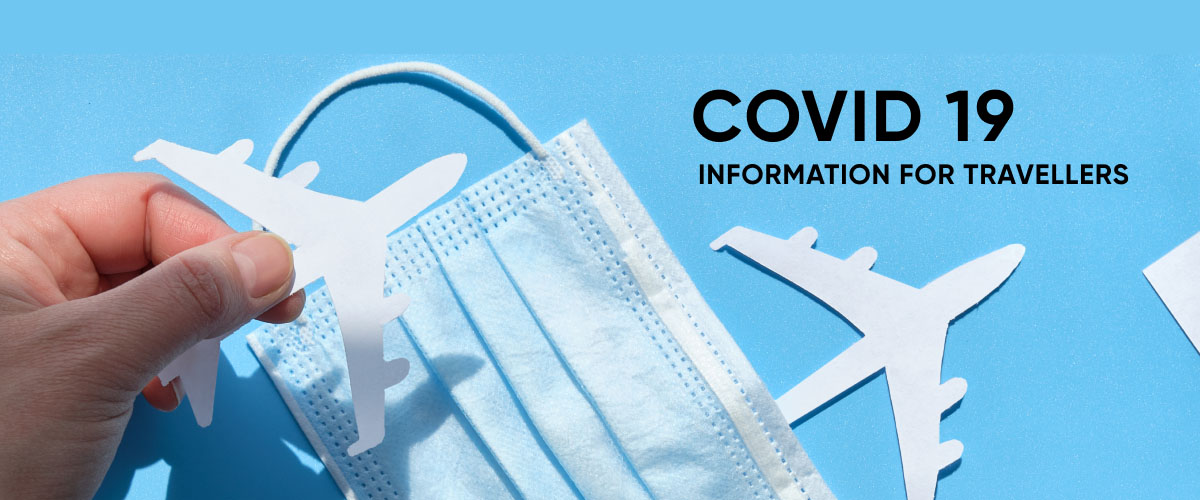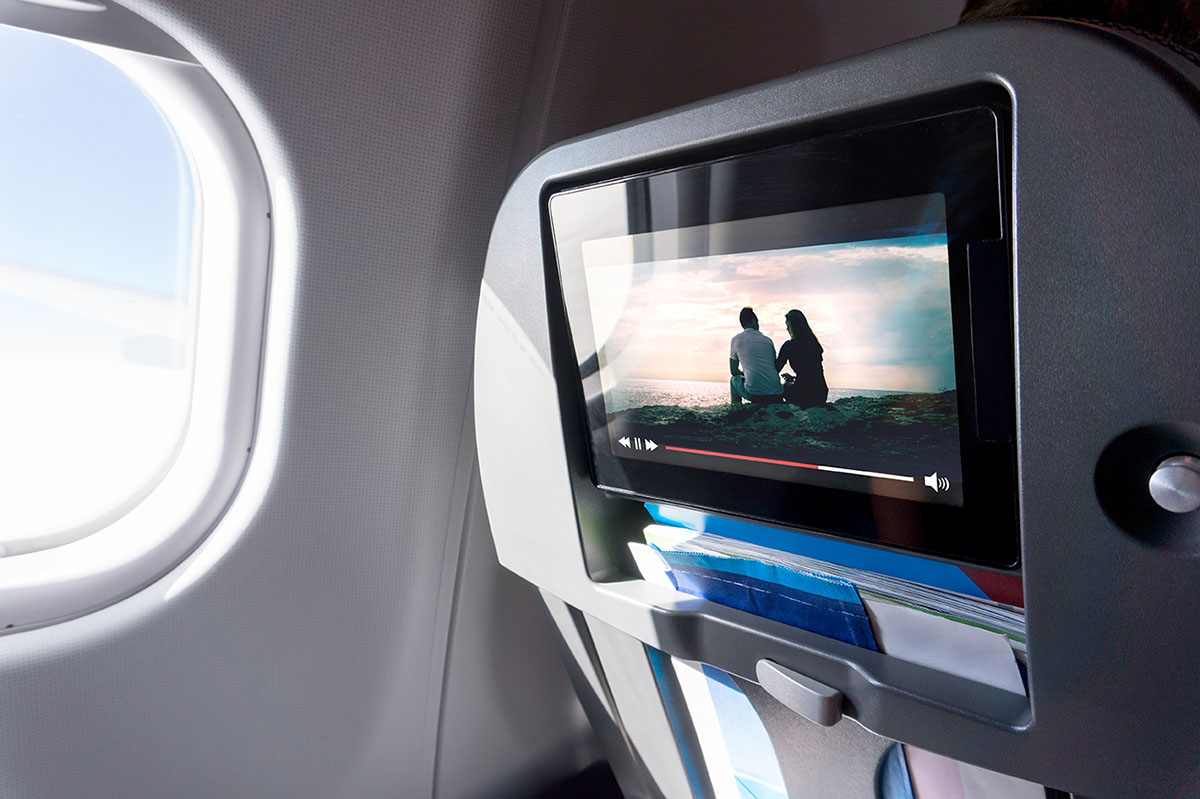COVID-19 (Coronavirus) continues to keep global health and safety experts on their toes — especially with the emergence of new variants and surging numbers. The situation also presents challenges for aspiring jet-setters who may be concerned about making vacation plans in these uncertain times.
Wondering how the Delta variant may affect your travel plans and whether it’s actually safe to embark on a vacation domestically or abroad? Here’s a closer look at the projected impact of the Delta variant on travel, along with what it means for domestic and international travelers.
The Latest on the Delta Variant and Travel

Just as it seems we have gotten a handle on the current state of the pandemic, everything changes. In light of this fluid landscape, the most recent proclamation from the White House regarding how to best safely resume travel shifts from issuing country-by-country restrictions to a different focus: vaccination status.
This is based on the determination of the Center for Disease Control (CDC) that vaccination is the best way to slow the spread of the Coronavirus, including that of the Delta variant.
With the U.S. borders set to open for leisure travelers on November 8, this is a move in a positive direction. “The United States is open for business with all the promise and potential America has to offer,” said Commerce Secretary Gina Raimondo following Monday’s announcement to reopen the border.
This positive outlook on developments in travel was shared by the airlines. In a statement from Airlines for America, the airline expressed, “We have seen an increase in ticket sales for international travel over the past weeks, and are eager to begin safely reuniting the countless families, friends and colleagues who have not seen each other in nearly two years, if not longer.”
Note that for all travel on public transportation — including airplanes, trains, and buses — the CDC still requires face coverings.
Domestic Travel During COVID-19

If you’re traveling within the U.S., expect different restrictions depending on both your vaccination status and destination. In locations like New York City and San Francisco, you will be required to show proof of full vaccination at restaurants, gyms, and many hotels.
Additionally, many destinations — including both Disneyland and Walt Disney World — are open, but have returned to requiring indoor masks. Be sure to check restrictions and requirements prior to planning your trip and before arrival.
Been dreaming of a vacation to a tropical paradise? You’re in luck! As of November 1, fully vaccinated visitors will be warmly welcomed in Hawaii. This is great news considering that all non-essential travel to Hawaii was halted just a few months ago.
International Travel During COVID-19

Just as the travel forecast for visitors to the U.S. hinges on vaccination status, so does the travel forecast for Americans planning on trips abroad.
While entrance requirements will depend on your destination, you should know that the U.S. is no longer on the EU’s safe travel list, which means unvaccinated Americans will be barred from leisure travel to certain countries. This will change when infection rates start to decline.
The latest requirements for reentry are as follows:
For fully vaccinated travelers: You will need to show proof of a negative COVID-19 test taken within three days of your return flight. The CDC also recommends watching for symptoms and getting tested again three to five days following your return.
For unvaccinated travelers: You will need to take a COVID-19 test within one day of your departure from the U.S., as well as within one day of your return flight. As with vaccinated travelers, you should be vigilant about symptoms and get follow-up testing within three to five days of your return flight.
One caveat for people at higher risk of COVID-19 complications? Cruising. Regardless of your vaccine status, the CDC advises against traveling on cruise ships at this precarious time.
Additionally, the CDC is recommending against travel to areas with high COVID-19 rates. These destinations include the UK, Switzerland, and Ireland.
Even if you are planning to travel to a region where COVID-19 numbers are lower, the CDC strongly recommends that you be vaccinated before traveling.
Best Practices for Traveling During COVID-19

One takeaway is clear, regardless of the specifics of your travel plans: The key to successful travel during the pandemic means practicing due diligence and keeping up with the latest news and developments.
The more informed you are, the better prepared you’ll be to adapt if need be. In addition to staying healthy, this can also help prevent any unpleasant surprises and delays throughout your travels. Not to mention the fact that experts say we can expect to continue to see more variants emerging in the future.
Where you’re an avid traveler or an emerging adventurer, Business Class is dedicated to getting our customers back on the road, safely. Wherever and whenever you’re going, we are ready to help get you there. For access to up to 60% off the best first class and business class travel, visit our site today.



